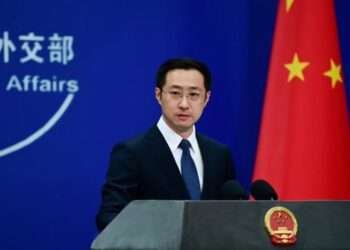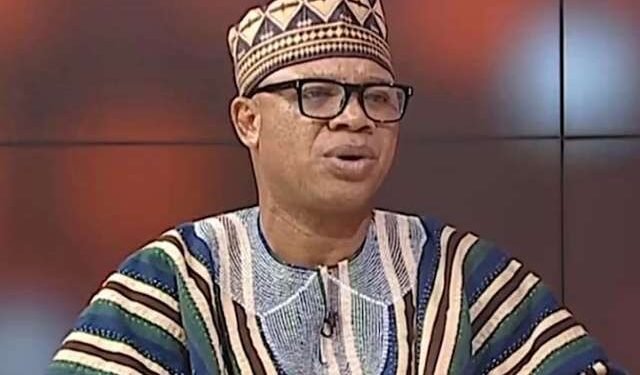As tensions escalate in the Middle East, the Bank of England is closely observing the crisis, fearing that a deepening conflict between Iran and Israel could trigger a spike in oil prices, reminiscent of the 1970s energy shock.
Governor Andrew Bailey expressed concern that the worsening situation might make maintaining stability in global oil markets challenging, potentially leaving the world economy vulnerable.
Bailey said the central bank is monitoring the geopolitical situation “extremely closely,” acknowledging that there’s little it can do if oil prices skyrocket. “There’s a point beyond which control could break down if things got really bad,” Bailey warned, adding that the Bank would need to remain vigilant as the conflict evolves.
The governor’s comments came after significant developments in the region, including Israel’s invasion of southern Lebanon and Iran’s retaliatory ballistic missile launches. These events have already caused oil prices to jump by 3%, raising fears of supply disruptions from the Middle East, a region crucial to global energy markets.
Reflecting on the region’s fragile balance, Bailey emphasized the importance of stability in oil supplies.
“Geopolitical concerns are very serious. It’s tragic what’s going on. We’ve had experience with oil shocks before, particularly in the 1970s. So, we are watching this extremely closely to avoid a repeat.”
Andrew Bailey
Despite the alarming geopolitical backdrop, Bailey provided a cautiously optimistic outlook on inflation. With consumer prices currently at 2.2%, just slightly above the Bank’s 2% target, Bailey suggested the Bank could be more proactive in cutting interest rates if inflation cools. “If the news on inflation remains positive, we may become a bit more aggressive in our approach,” he said.
Bailey also addressed claims made by former Prime Minister Liz Truss, who accused the Bank of being part of a so-called “deep state” that had sabotaged her economic plans.
Firmly rejecting the allegations, Bailey said Truss’s problems stemmed from her own policies, particularly her chancellor Kwasi Kwarteng’s mini-budget, which sparked a sharp rise in market interest rates.
Bailey Defends Bank’s Crisis Management
Bailey reflected on the broader economic landscape, noting that the UK economy has performed better than many anticipated following years of significant upheaval.
From the Covid pandemic to the global supply chain bottlenecks, Bailey credited the Bank’s rapid interventions for stabilizing the economy during critical moments.
“I sometimes read commentary suggesting we acted too late or too aggressively. But when the economy dropped off a cliff in 2020, the right course of action was to support it. Without our interventions, the UK could have faced a second Great Depression.”
Andrew Bailey

Bailey was keen to stress that the Bank’s actions were not about favoring one agenda or another, but about preserving the nation’s economic stability. He highlighted the importance of public institutions maintaining focus and effectiveness, even when facing political criticism.
As the governor moves into the second half of his term, he hopes for a less tumultuous period ahead, focusing on the longer-term structural issues facing the UK economy, including an aging population, rising defense demands, and climate change challenges.
Bailey reaffirmed that these structural challenges require government attention, especially when it comes to encouraging capital investment in infrastructure.
For now, though, the central bank’s immediate focus remains on the Middle East, where geopolitical risks threaten to disrupt global oil markets and present new economic challenges.
How these events unfold will likely have significant implications for the Bank of England’s future decisions on interest rates and broader economic policy.
READ ALSO: Blanket Remand of Anti-Galamsey Protestors Exposes Judicial Flaws























